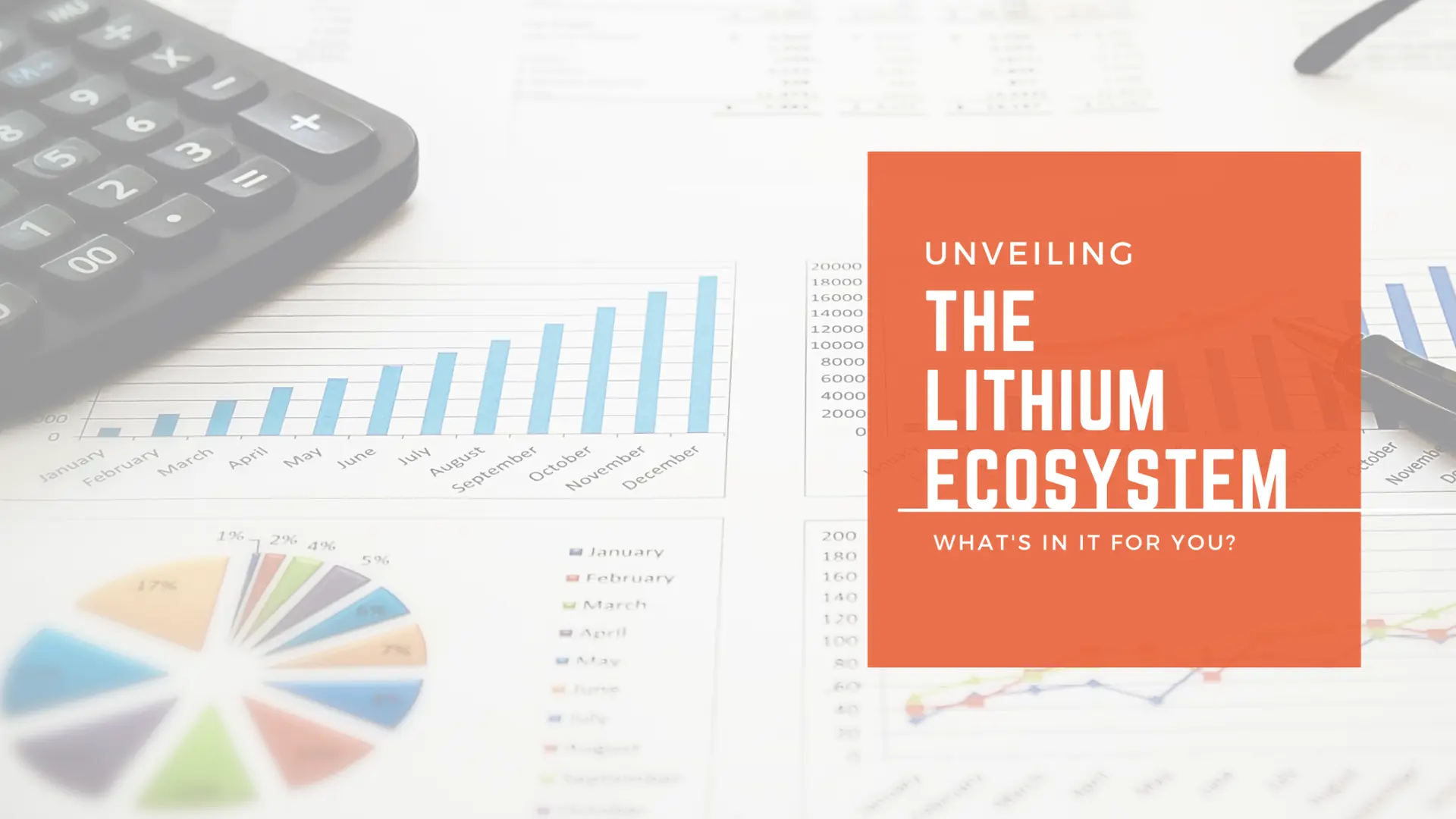
LITHIUM Finance
View Brand PublisherUnveiling the Lithium ecosystem: What’s in it for you?
As we speak, hundreds of private companies across the globe are taking shape and laying their foundations. Soon these companies will grow and hopefully turn out to be future gems.
What if we say that DeFi projects were to tokenise the assets of these companies? To do that, you need to determine these companies’ valuation. After all, we can’t tokenise assets we can’t price.
The integration of a wide range of real-world assets into DeFi protocols has the potential to expand such sectors from a $77 billion to a $100 trillion industry. Unfortunately, the current scenario did not present a scientific module to figure out the liquidity status of private assets until Lithium Finance came into the picture.
Lithium Finance is the first scientific protocol for evaluating the worth of private and illiquid assets. Implementing an advanced vetting technology, Lithium helps in acquiring accurate pricing information of hard-to-value assets.
The technology introduces a reward mechanism for experts with the latest pricing knowledge of private companies using DMI-mechanism algorithms. This further helps reveal the value of private assets - a factor currently missing within the investment sector. So, how does all this work? Let’s take a look.
Employing best practices
Private company stocks are hard-to-value assets, though they could be highly profitable. This is mainly because of three reasons:
- Companies don’t list their stocks on exchanges.
- Companies are not required to disclose their financial reports to the market.
- Brokers/investors get no incentive to reveal the latest price of private companies.
Analysts, therefore, rely on a methodology called fair value accounting to judge the value of illiquid assets like private equity.
Fair Value Accounting primarily involves calculating a private firm’s value by comparing it to its publicly traded counterpart. The problem with fair value accounting is that it is based more on judgment and observations, which could be not very indicative; it’s easy to manipulate and hardly factors in one-time events that may change the valuation of the publicly-traded company.
Private equity is one of the best long-term investment options owing to its illiquidity. All the industry needs is a credible approach to discovering these assets' prices before buying or tokenising. Lithium Finance is trying to fill this gap through its price discovery for illiquid assets protocol.
Advanced mechanism of price discovery
When it comes to determining a company valuation, analysts always have access to the latest transaction prices of a private company. Unfortunately, due to the lack of incentives, analysts shy away from disclosing such numbers.
Lithium Finance integrates a Determinant-based Mutual Information(DMI) mechanism to incentivise experts having knowledge in the latest pricing of private companies for answering queries.
According to the model, the protocol can always calculate a positive payout for rewarding truthful answers as long as there are questions with multiple options, and the number of people answering those questions is more than two times the number of options.
Lithium employs a protocol called Proof of Wisdom Staking or PoWS, where pricing providers/brokers stake their tokens to signal their confidence regarding a response. The more tokens a Wisdom Node to stake with his answer, the higher the confidence level that he indicates. This way, the best answers are mathematically determined. The protocol allows common answers to reinforce each other while cancelling out those that are non-correlated.
Final answers are revealed after the protocol aggregates the figures and creates a subset of responses randomly. Since the platform regularly discloses final answers, an asset's pricing information is available even before its actual price is determined.
Lithium's rewarding system works through two primary stakeholders:
- Wisdom Seekers (pricing information seekers) - Wisdom Seekers pose a question through Lithium Finance and stakes.
- Wisdom Nodes (pricing providers) - Wisdom Nodes answer the question and stake their tokens to signal confidence level.
The pricing providers closest to the final result get the reward, and their overall reputation is updated. Lithium initiates this process by airdropping the native tokens to wisdom nodes to use them for confidence staking.
Summing it up
The DeFi industry’s demand for correct pricing information for opaque assets is quite valid. Such information can prove beneficial in unlocking the potential of crypto projects to a great degree in terms of permissionless liquidity and convenience.
However, the absence of aggregated information regarding the values of off-chain assets is holding off DeFi’s expansion to a trillion-dollar industry. A lack of incentive is one of the primary reasons such information is seldom available.
Lithium Finance responds to the gap by creating a repository of pricing oracles. This helps in providing higher-quality information regarding hard-to-value assets. Using mathematical selection to update correct prices, the Lithium ecosystem also incentivises pricing providers for the same.
So, if you are a wisdom seeker, all you need to do is pose a question. If you are a wisdom provider, all you need is a smartphone and an enthusiasm for sharing your expertise on company valuations. At Lithium Finance, you get a platform to do both, depending upon what you like. So what are you waiting for? Jump on board our TG group and become a part of the change!
Head to the official Lithium Finance Twitter handle to stay updated on all the latest happenings!



